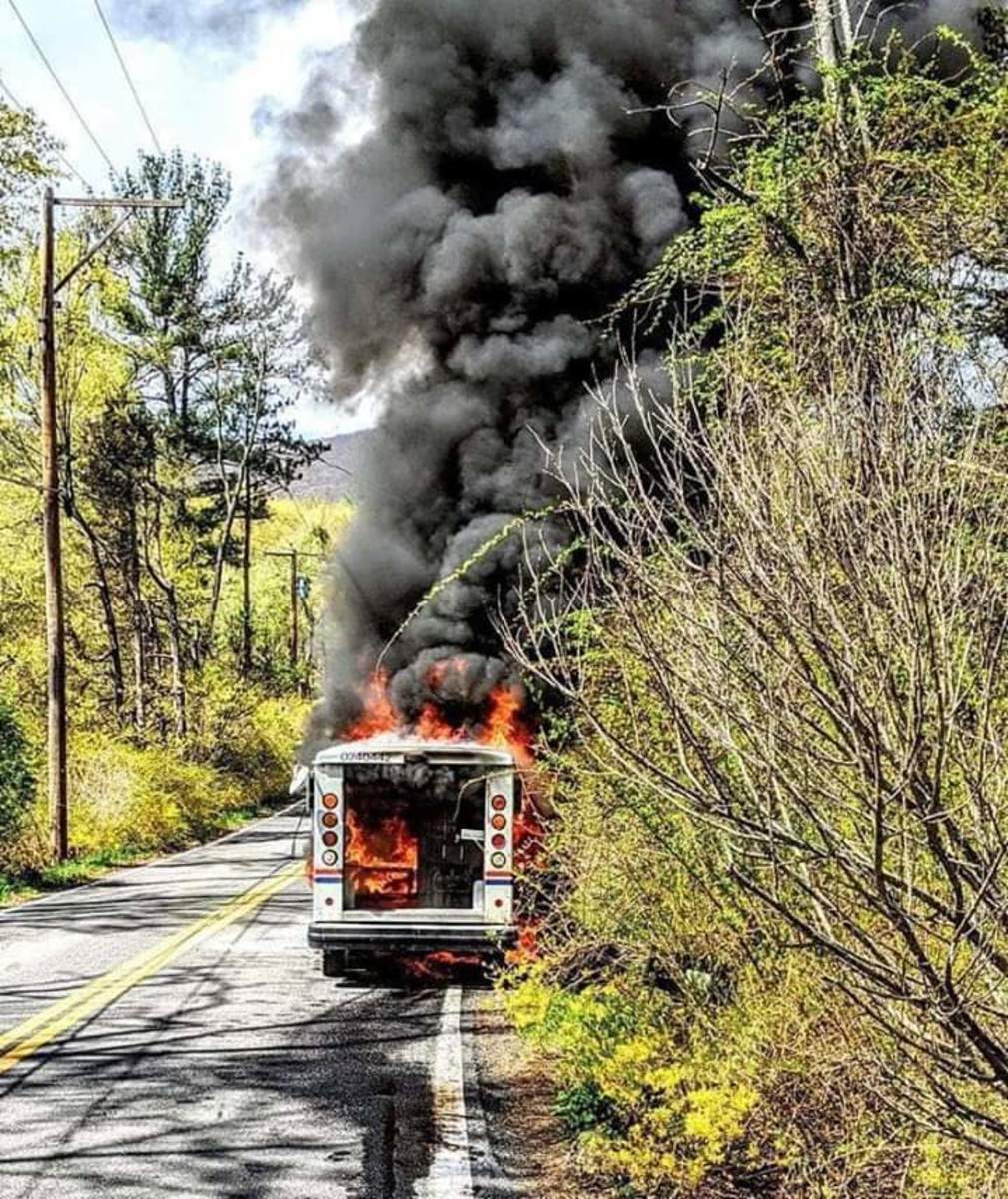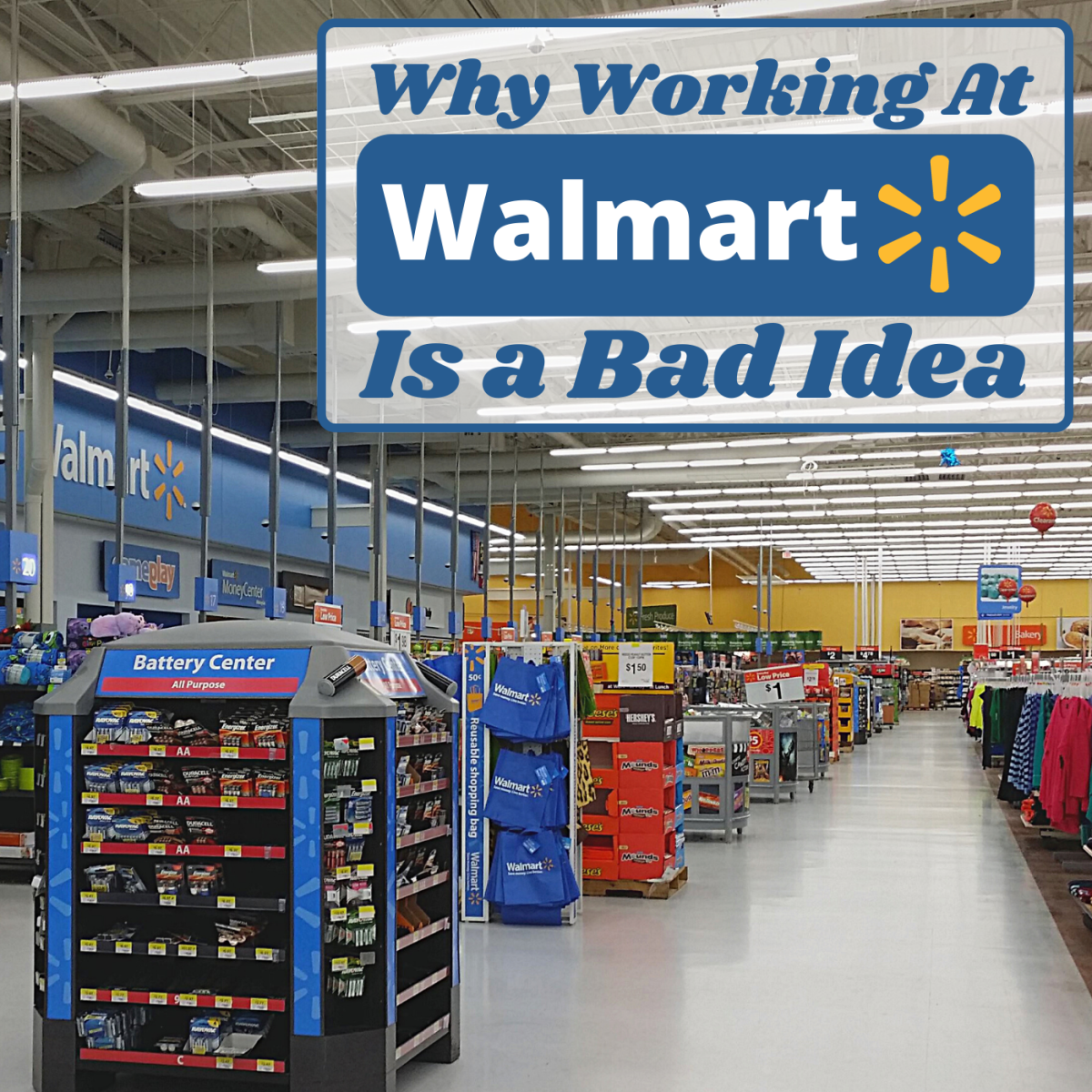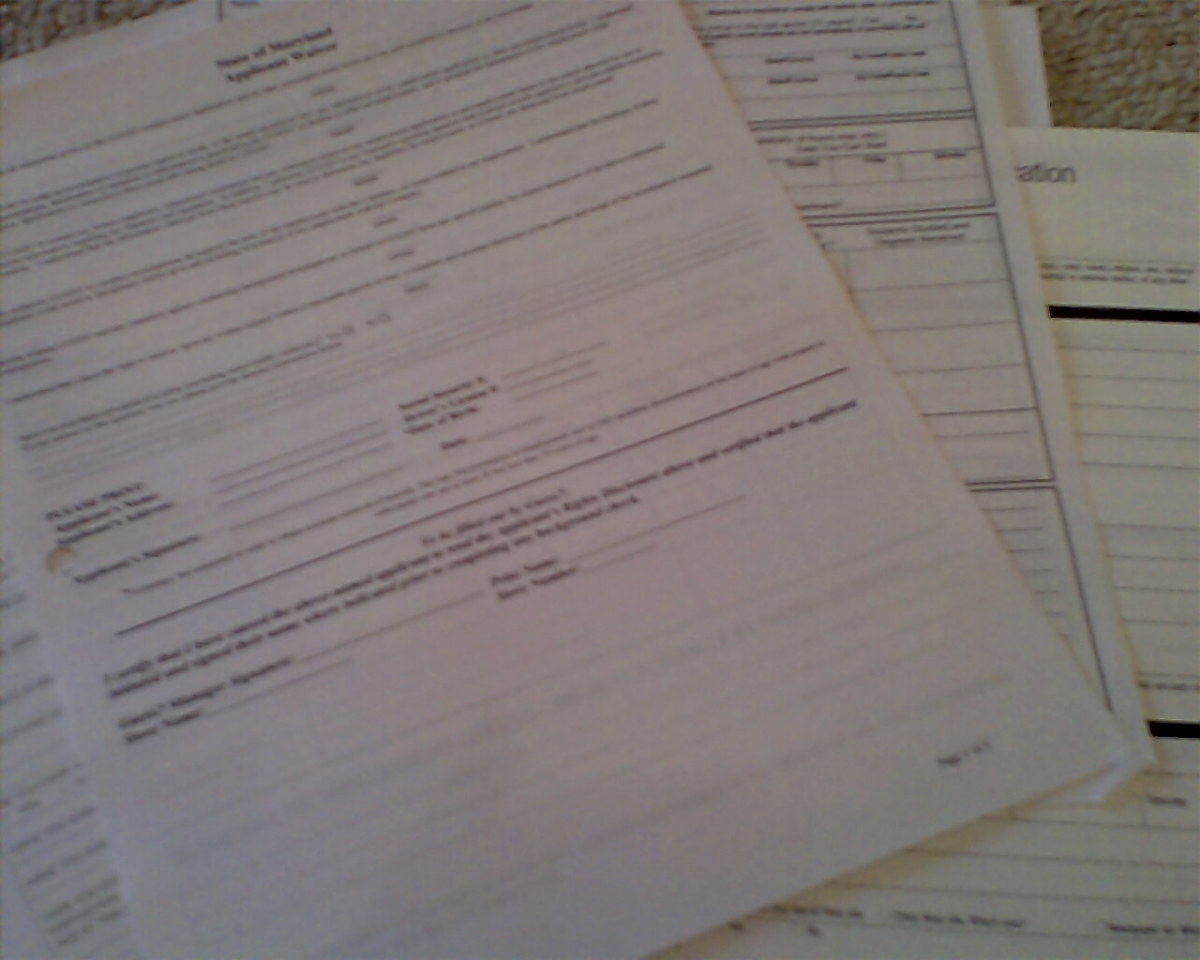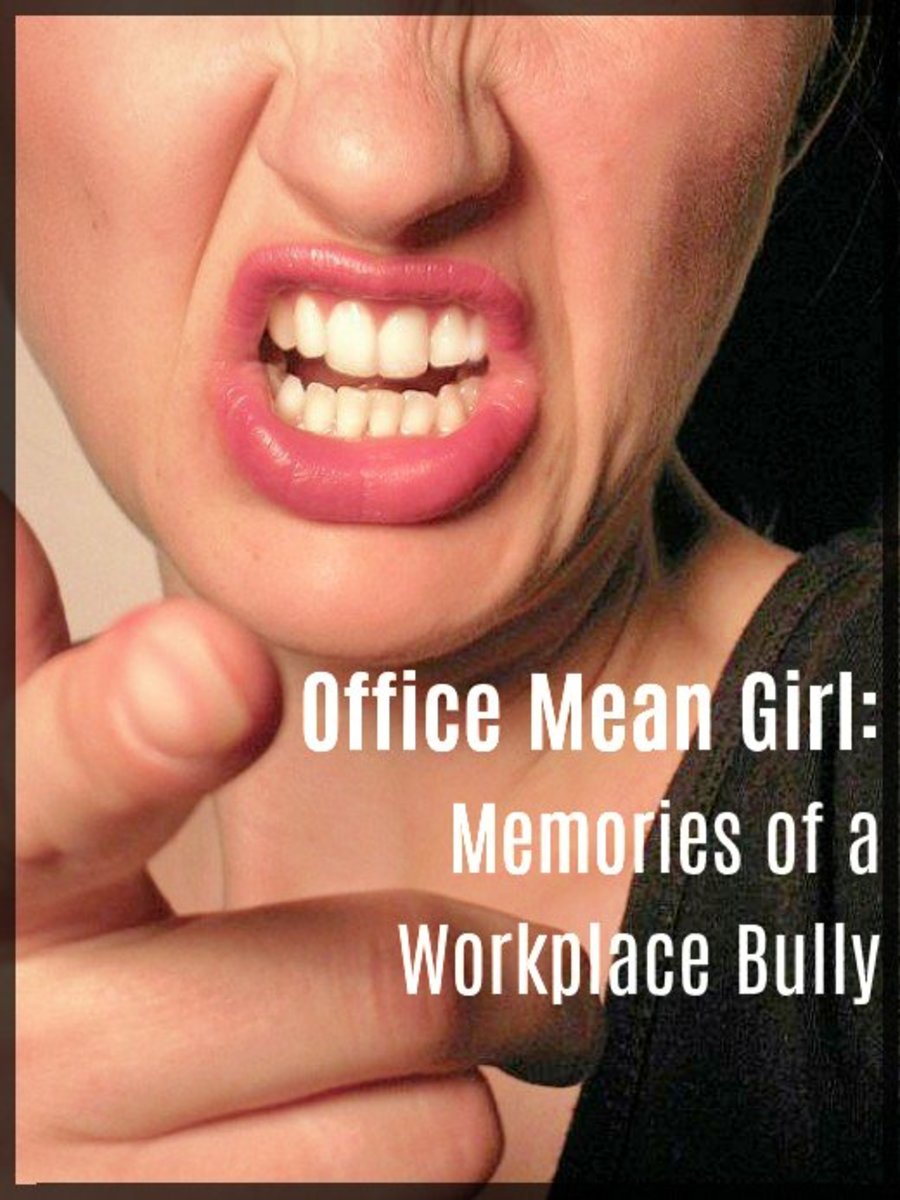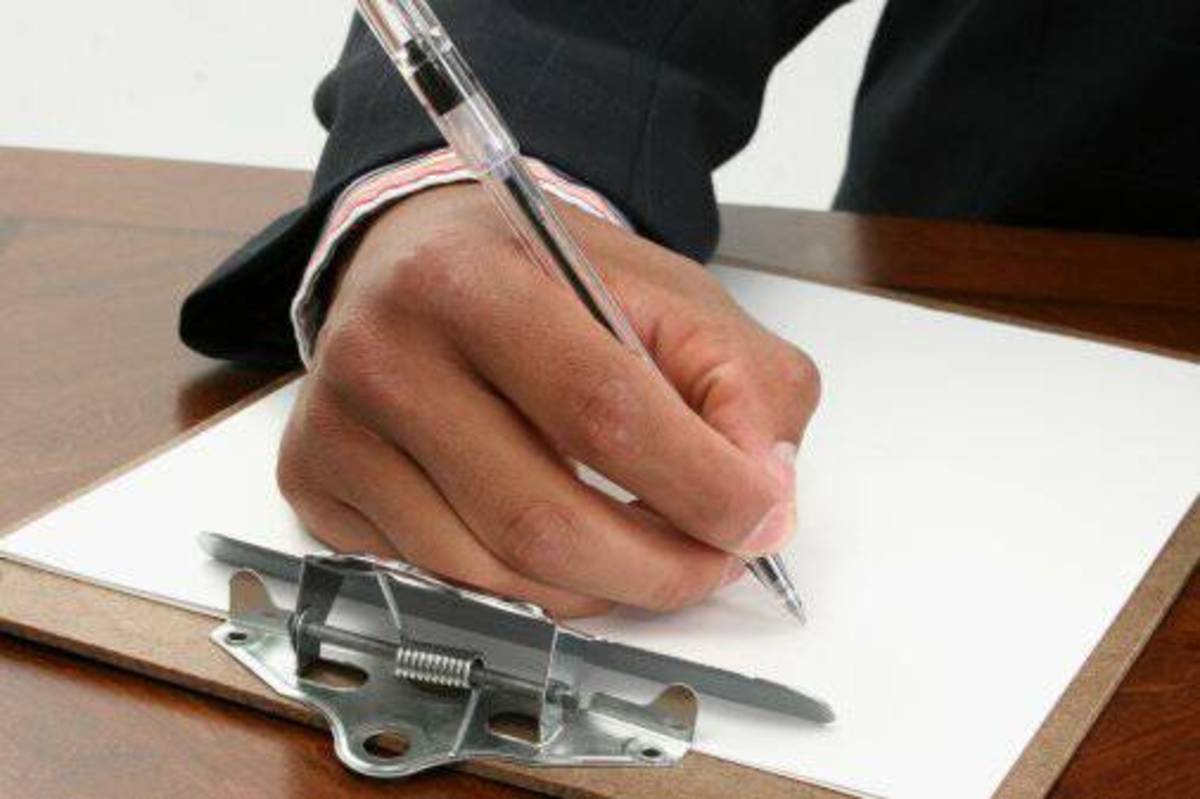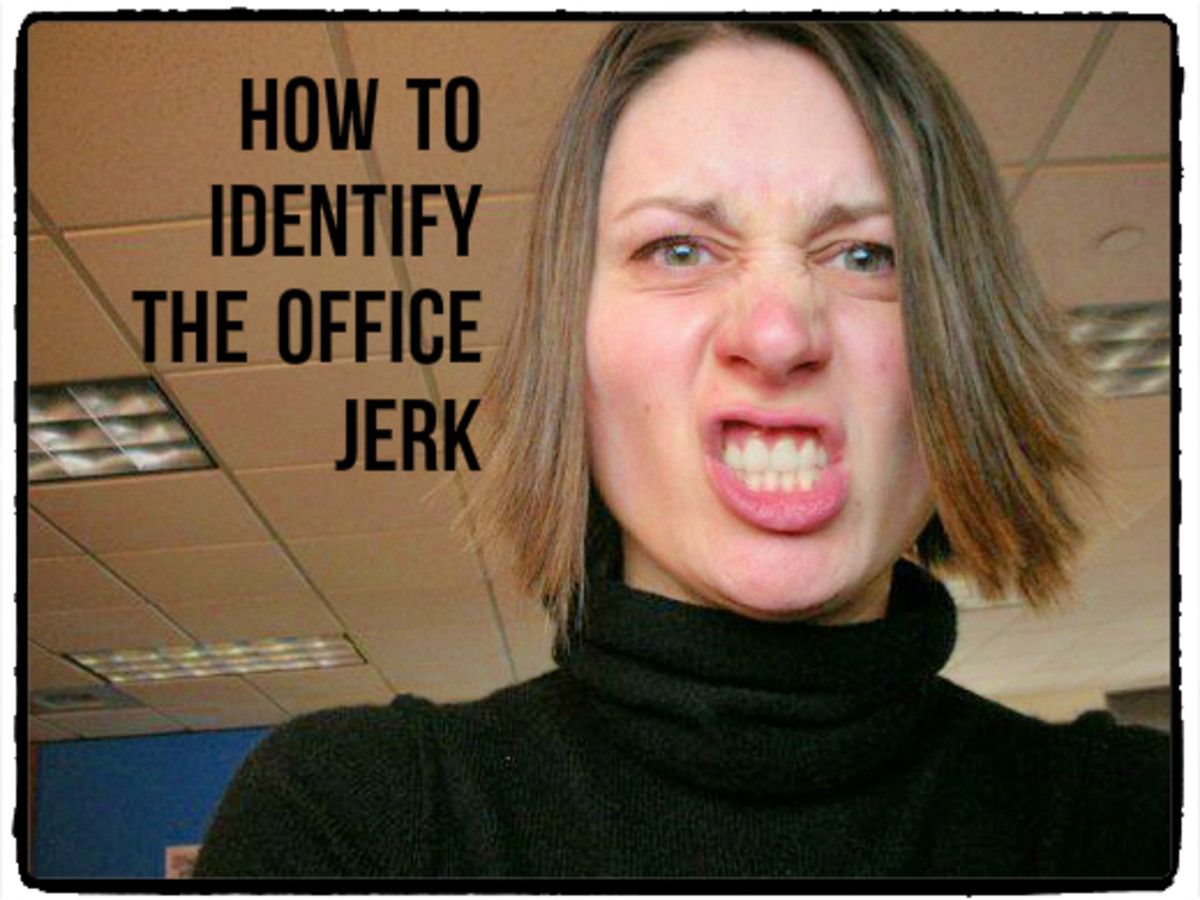Nate's Work Place Survival Guide Who is Who and Which is Which?
Unless you land a job as the only secretary of a private investigator or some other proprietor, you will have coworkers. The hierarchy of each place you work is as different from one another as a hive of bees from a colony of ants. But the basic structure of most retail and chain food service jobs is the same.
Associate/Cashier/Representative
Mostly these are bottom feeders. The ones with the lowest rate of pay and often in competition with others for the share of hours, tips and accolades from above. For some wait staff positions if you are a new server or bartender, you may not be allowed to collect tips on your first day
In airlines and certain government jobs a customer service representative, or clerk, will have seniority over a person who has been there for less time and depending on how things work where you are employed, that person may have some modicum of authority over you.
In places like Taco Bell they're called “Team Members”. Subway calls them “Sandwich Artists”. Whatever the name when you start at this level you are still the “New Guy”.
Supervisors
This is usually one step above a cashier and one step below Assistant Manager. These people can usually open and close the store, manage money and make change for cashiers, and organize breaks.
Some stores like Rite Aid and TJ Maxx promote within the company, in other places such as Price Chopper, you have to transfer to another store to be promoted to a supervisor or higher management position.
We'll discuss the advantages of accepting promotions in a later article, but for now all you need to know is that when someone with the position of supervisor gives you an instruction you are generally required to follow it. It's very poor taste to take the “If Mom says no, Ask Dad” approach to getting what you want from a supervisor, so take the safe road and just do as you're told for now.
Assistant Managers
Not yet full managers, you may have about six or seven of these in one store. Generally these are the “go-to” guys if you need help or have questions and they usually only have to answer to one person above them.
When an assistant manager is the one in charge on a given day, anything that goes wrong in the store falls on her. But even if you are having difficulties with this person you should show them full respect, at least to their face. If you feel they are over stepping their bounds or that they are experiencing a power trip then talk to the manager.
Boss/Manager/Owner
In the case of privately owned stores, usually your boss is the owner. In very rare cases an owner may hire someone else to run the store, or you will answer to one of the co-owners.
Either way, who ever the head honcho is, this person has the power to terminate you if you screw-up big time. You answer to them and if anyone below them gives you grief this is the person you need to talk to.
Other Employees
Some major chain stores hire security personnel to watch out for shoplifters and put a stop to internal theft. These are often called Loss Prevention Officers, or the LPO.
Usually they work behind the scenes, in an office watching the cameras and watching for suspicious behavior. Unlike security guards, the LP usually wears civilian clothing and acts just like a customer, pretending to shop or chatting away on their cell phones while watching for potential shoplifters.
Maintenance workers, janitors, and other subcontractors may periodically visit your store to do repairs or clean the place up. Sometimes they work at night other times they stop by during the day.
And of course if you are part of a chain your store may be visited by district, or zone managers, regional vice presidents and so on. In some chains you may even meet employees from other nearby branches of the same store.
Treat all of these people with the same respect you would want to receive. When someone like a vice president drops by always remember your training and act accordingly. A good impression on a higher up can mean very good things.
Getting along with coworkers can be a challenge. You're new to the place and you're still figuring things out, which can bug the hell out of people who have been there for a while and know the drill. You may step on a few toes without meaning to.
Just keep your head low and do your best. The only people you have to answer to are your direct supervisors and the store manager. Everyone else's opinion is pretty much irrelevant.
On the other hand what if your coworkers are doing something that could hurt you or affect you in a negative way?
One of the most annoying things a group of coworkers ever did around me was getting high. When I was dishwasher at a small Mexican restaurant the cooks and the wait staff were using a measuring cup as a bong when the owner was gone. It freaked me out because what if the cops were called for something unrelated? If I didn't say something I would be in trouble. Worse yet I was living in a homeless shelter. If they smelled it on me or in anyway thought I had participated I would be out on the street. In less extreme situations, if a coworker fails to check an ID while selling alcohol or tobacco, your store could lose it's license to sell those things.
The best way to deal with those coworkers is to remember that you're not there to make friends. You're there to make a paycheck and if it's important to you, you're there to have a career. Sure, people will complain or they may think of you as a “rat”. But guess what, this isn't high school. If they're going to act like it's high school then that's their problem and they can lose their jobs for it. You've got rent to pay.



